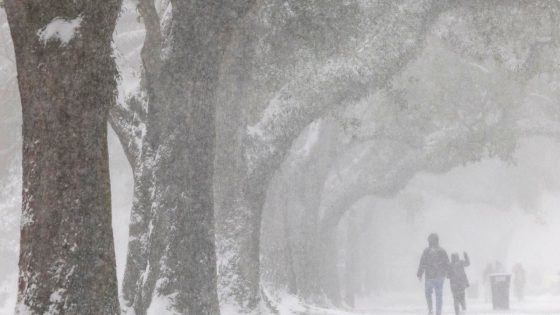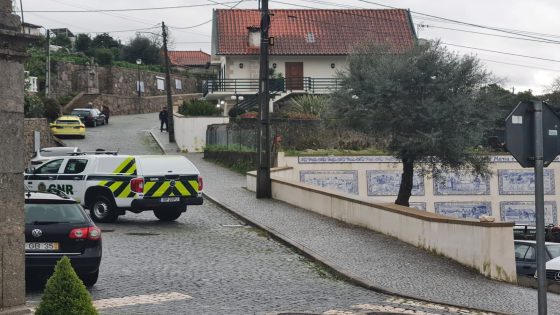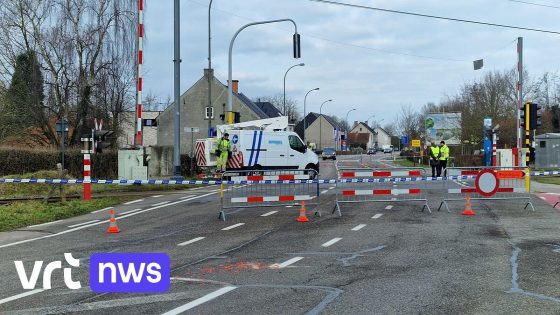On February 23, 2025, tensions escalated in Catalonia as Sílvia Orriols threatened Carles Puigdemont with the words, “I will fall in Ripoll, but you will fall in Catalonia.” This statement came just before a planned no-confidence motion against her mayorship was thwarted. The political landscape is shifting, raising questions about the future of local governance and the influence of far-right parties in the region.
- Sílvia Orriols threatened Carles Puigdemont.
- Junts for Ripoll's motion of censure failed.
- Aliança Catalana poses electoral risks.
- Junts aims to isolate Orriols politically.
- Turull condemned Aliança's "hate speech."
- Internal debate on alliances within Junts.
Political Tensions Rise in Catalonia: What’s Next for Local Governance?
What does the future hold for Catalonia’s political scene? Recent developments indicate a growing divide among parties, especially with the rise of far-right influence. The situation in Ripoll serves as a microcosm for larger Trends across the region. Will traditional parties adapt, or will they continue to lose ground?
Far-Right Influence in Catalonia: A Growing Concern for Traditional Parties
The far-right party Aliança is expanding its reach in Catalonia, particularly targeting municipalities like Manresa. Their strategy includes setting up information stands across various towns, aiming to capture more votes in the upcoming elections. This trend raises concerns among traditional parties, which fear losing their voter base.
Strategies of Traditional Parties: Adapting to a Changing Landscape
As the political climate shifts, traditional parties are considering various strategies to combat the rise of Aliança. Some key approaches include:
- Focusing on grassroots campaigns to engage local voters.
- Establishing clear distinctions between their platforms and those of far-right parties.
- Utilizing data analytics to understand voter sentiments and preferences.
- Building coalitions with other parties to strengthen their position.
Voter Sentiment and Future Elections: What Can We Expect?
Recent polling indicates that a notable percentage of voters may shift their allegiance to far-right parties. This trend is particularly concerning for Junts, as they risk losing a significant portion of their support. Understanding voter sentiment is crucial for all parties as they prepare for upcoming elections.
In conclusion, the political landscape in Catalonia is rapidly evolving. Traditional parties must adapt to survive, while the rise of far-right influence presents both challenges and opportunities. How will these dynamics shape the future of governance in Catalonia and beyond?
































